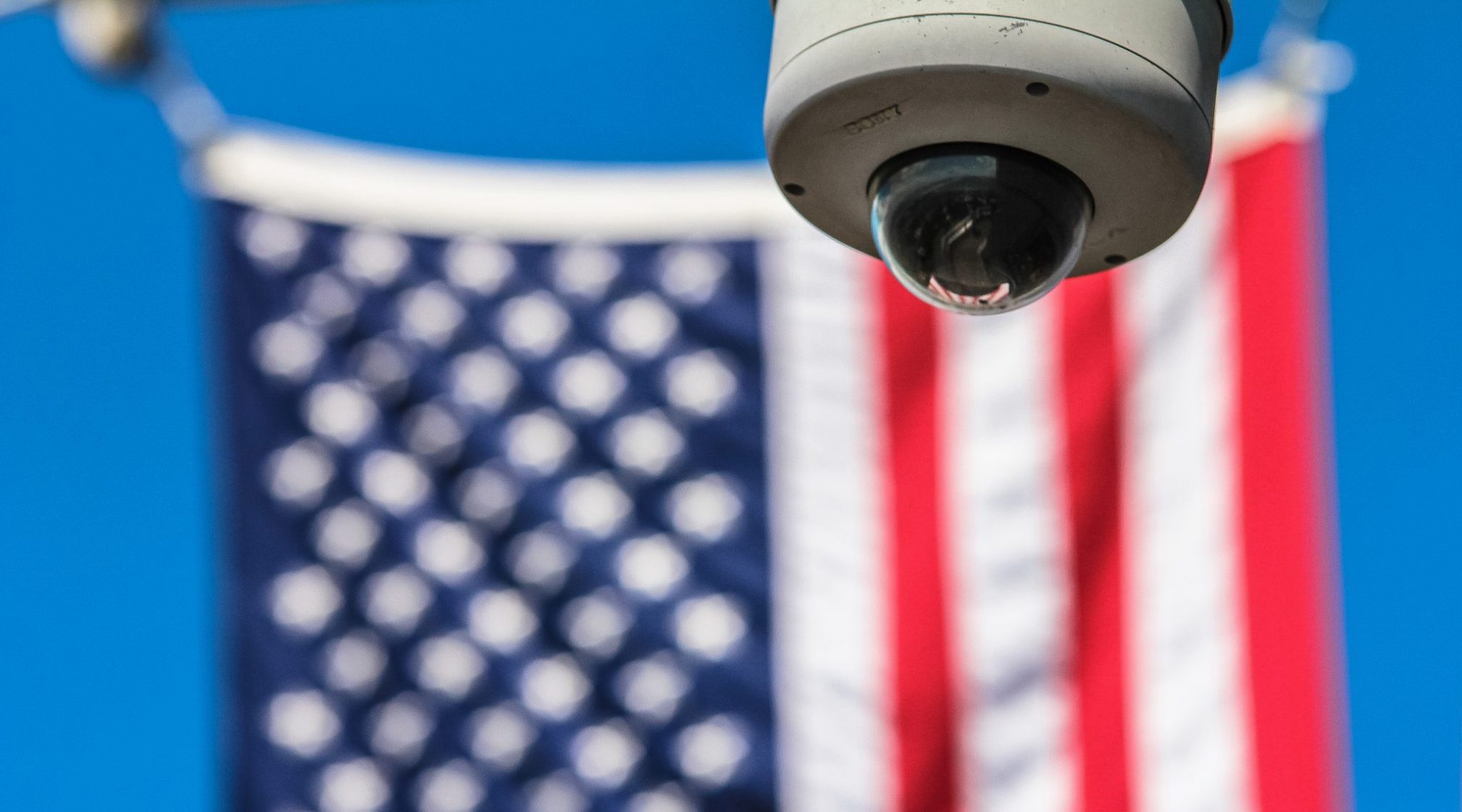
Navigating the Gauntlet
Whether you are considering security cameras for the first time or replacing existing ones, it’s important to get the best camera you can afford. The world of security cameras is full of manufacturers each with varying specifics. Demystifying them is important to understanding what you are buying. In this blog post, we will detail the most important features that you should be looking for when making that selection. We will also discuss why working with a vetted security technology solutions provider, like Hugh’s, is always a smart idea.
Megapixels
One specification that has a direct impact on the performance of your security cameras is megapixels. This number reflects how fine the image is and how much light is required to produce a suitable recording. When selecting security cameras for a given application, the more megapixels the better. At a minimum, your camera should have no less than four megapixels (usually depicted like this: “4MP”). Why four and not three or two, you say? Well, at 4 megapixels the recorded image can be digitally zoomed while maintaining a decent amount of detail. This is important for reviewing recordings on your NVR (Network Video Recorder). It allows well defined clips of the video to be taken as still shots, which can be useful to law enforcement.
Compression
Compression the means by which the software in the camera will repackage the data the camera creates to make it easier to move around. This refers to its ability to send that signal through your network cabling, record it to the cloud or a local hard drive in your NVR. Compression is extremely important because without it your network would have a difficult time managing the sheer number of bits and bytes needed to create and stream even one camera. There are several compression types all that start with “H.26”. The most common is H.264. H.264 is decent, but it is not the best. That title currently goes to H.265+. H.265+ is an evolution of H.264 which promotes higher image integrity, higher resolution (megapixels) and lower storage requirements. You should look for security cameras that supports this standard.
Lensing
Alright, so we have checked two of the boxes. We have a camera with at least 4MP so our video will look good and one that will support H.265+ so our network doesn’t get bogged down. What else could there be? Truthfully, a lot. But for the sake of time and sanity, let’s talk lenses. There are three basic types of cameras out there: fixed lenses, zoom lenses and lenses with pan tilt and zoom functions. Each of these has a specific application.
Security cameras that are advertised as having a fixed lens is one that does not allow for any lens adjustment. These are often referred to as bullet cameras. Some bullet cameras do have adjustable lenses, but not all. Placement of a fixed-lens camera is critical because the cameras position will limit what the camera can see. It may seem like a disadvantage, but these actually very good for monitoring a specific thing, like a safe or cash box. It only can see what you point it at.
Zoom lenses, on the other hand, are used in many more scenarios. Because the lens can zoom, these security cameras can be used in live security monitoring where an operator wishes to get a closer look while observing.
There are many types and ranges of zoom lenses out there. The most common is the varifocal, which has two adjustments: near and far. These adjustments make the focal distance, or area that the camera can focus properly on, variable. You can put one of these on the side of a building and adjust it so that it can see the whole parking lot without losing focus or image detail. That same camera could also be adjusted to perform like a bullet camera and be set up to look at a specific parking spot in that same lot. They are incredibly useful, but not always required. Consultation with a pro can help in making these choices.
Why Hugh’s?
As with any important decision, a professional opinion should always be welcome. A security professional will have the knowledge and experience necessary to provide the best solution. Hugh’s has years of experience in a wide variety of security camera installations. We have provided monitoring in small stores to multi-site organizations. When you ask us for assistance, we are prepared to help you make the best choices for your security camera needs. In addition, our team of licensed experts is always there to support you after installation if you need help. Contact us today if you are considering a system with security cameras and see why Hugh’s is always the right choice!
